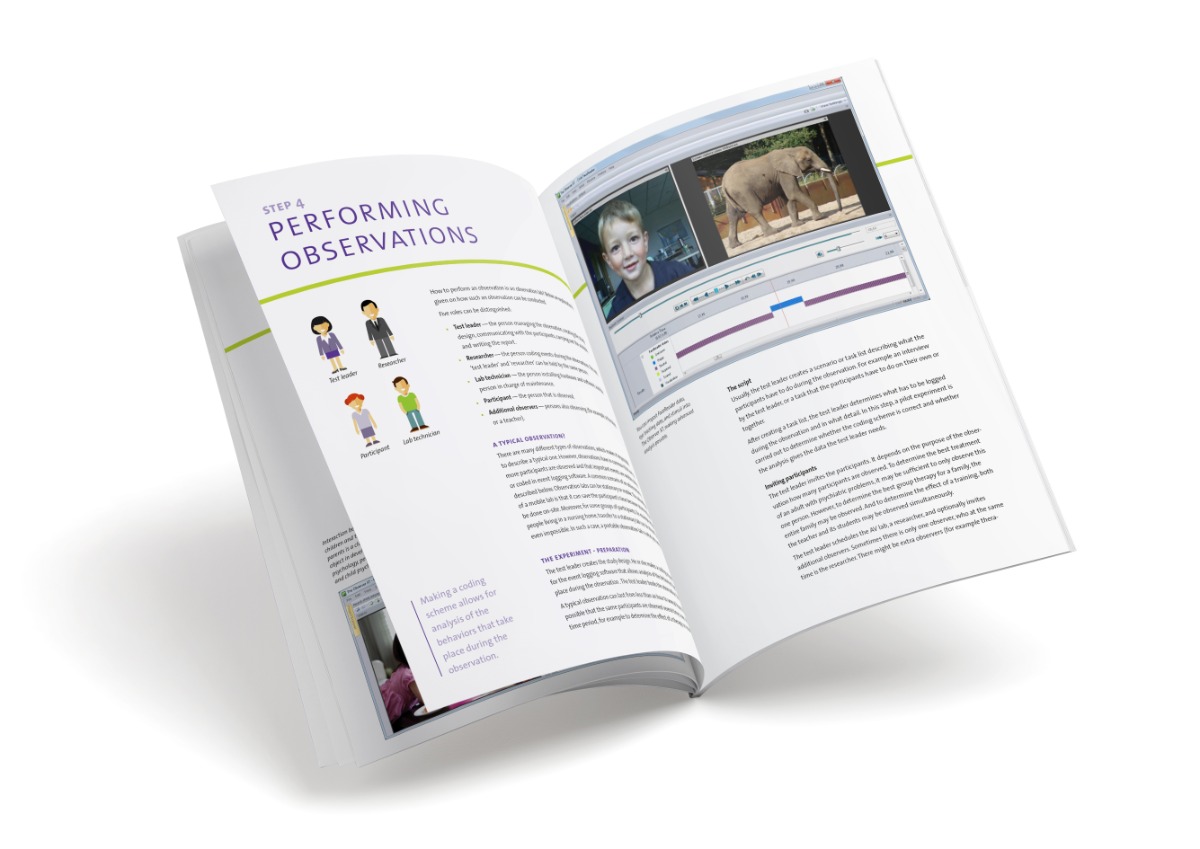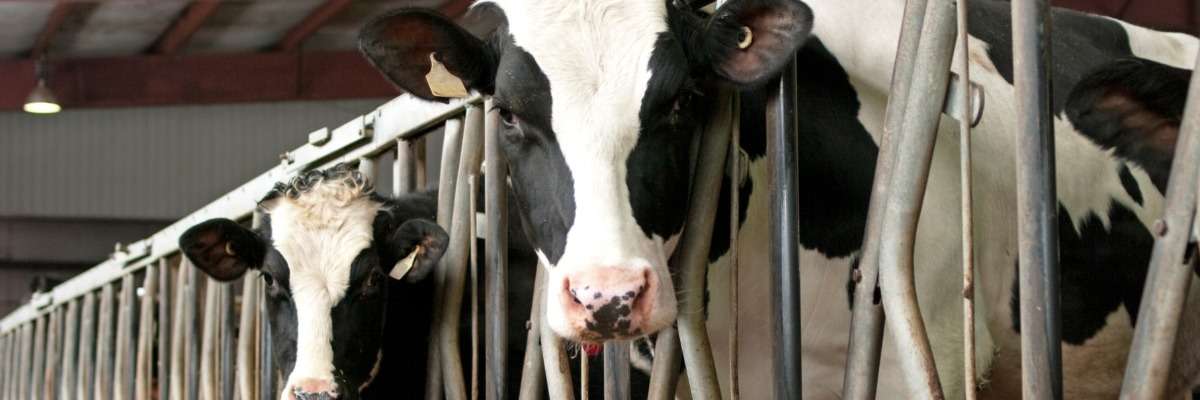
Students’ first contact with The Observer XT
Systematic behavior research in farm animals has increasingly gained importance, especially during the last years.
Since the intensification of animal husbandry has substantially enhanced the discrepancy between natural and artificial environment, the following questions arise: What are the prerequisites for an animal to be able to show its full range of social behavior? How much space do animals require? What is the optimal group size?
The close monitoring of the social behavior of pigs, cattle, poultry and horses plays a major role in terms of welfare assessment and health research.
Introduce students to professional software
For Prof. Dr. Volker Stefanski and Dr. Birgit Flauger of the University of Hohenheim, it is very important that Bachelor and Master students of Agricultural Science and Agricultural Biology are introduced to professional software tools to analyze the behavior of animals at an early stage.
The focus of their research at the Department of Behavioral Physiology of Livestock are the effects of endogenous and exogenous factors on the neuroendocrine-immune-network and the behavior of farm animals.
Basic research is performed for a better understanding of the interaction between animals and their environment, and the consequences for health and productivity of farm animals. In addition, the department also conducts applied research in order to provide practical advice on animal welfare and the production of high-quality food.
Projects in the field of farm animal behavior
Bachelor and Master degree students are introduced to the professional software package in different courses and seminars, and are therefore well-prepared for their Bachelor or Master theses in which they realize own projects in the field of farm animal behavior.
In the last few years, students observed and analyzed aggressive behavior and nearest neighbor choice in pregnant sows, activity in growing pigs, behavior during novel object tests in piglets, and social behavior in horses. Some of their results have already been published in final degree theses or as conference talks and posters.
Consistent positive feedback
“We are very pleased to have the opportunity to use The Observer XT in our courses. It is always fascinating to see how the students are at first overwhelmed by all the possibilities of the program. But already within a few hours they can easily deal with the applications. The feedback of students concerning handling and working with The Observer XT has been consistently positive.
As lecturers we have also experienced The Observer XT as a userfriendly and time-saving software package which can easily be introduced especially for students who work in the field of behavioral observations in farm animals, even if they use this software for the first time.” - Birgit Flauger, Christiane Schalk
More information
Contact details:
Prof. Dr. Volker Stefanski
Dr. Birgit Flauger
Christiane Schalk
University of Hohenheim
Institute of Animal Science (460)
Behavioral Physiology of Livestock (460f)
Garbenstr. 17
70599 Stuttgart
For more information about the Department of Behavioral Physiology of Livestock, visit their website.
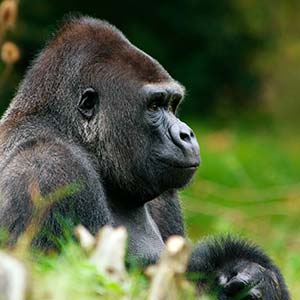
Get the latest blog posts delivered to your inbox - every 15th of the month
more
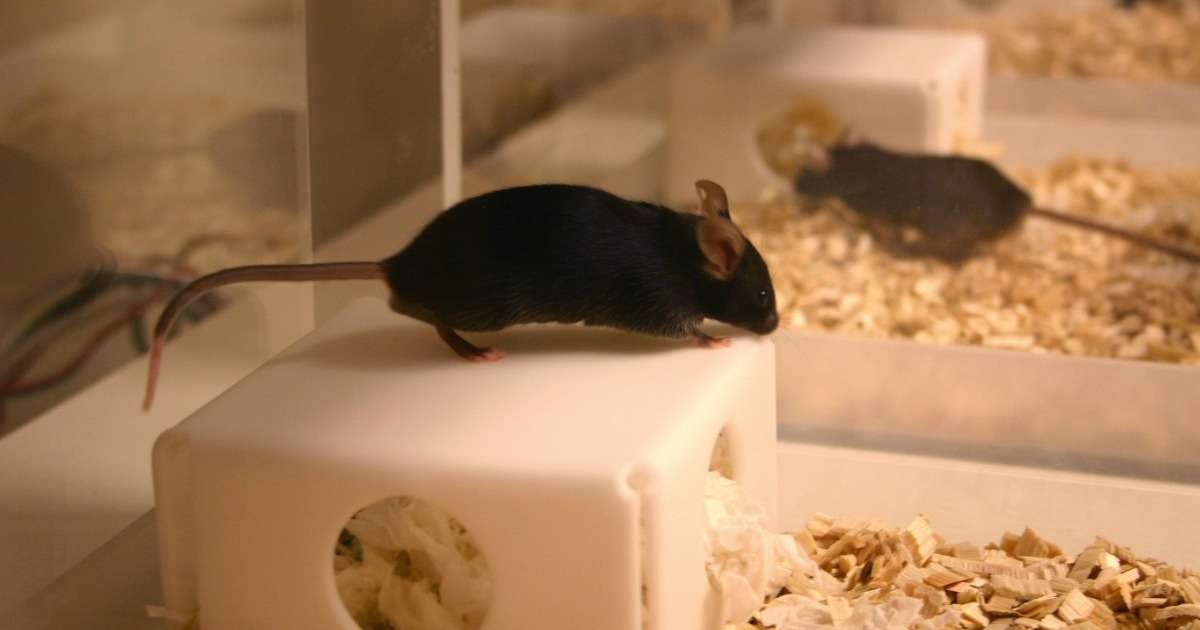
Learning to use animal models for psychiatric disorders
Recently Lucas Noldus was interviewed for a technology feature in Nature; “Inside the minds of mice and men” by Monya Baker.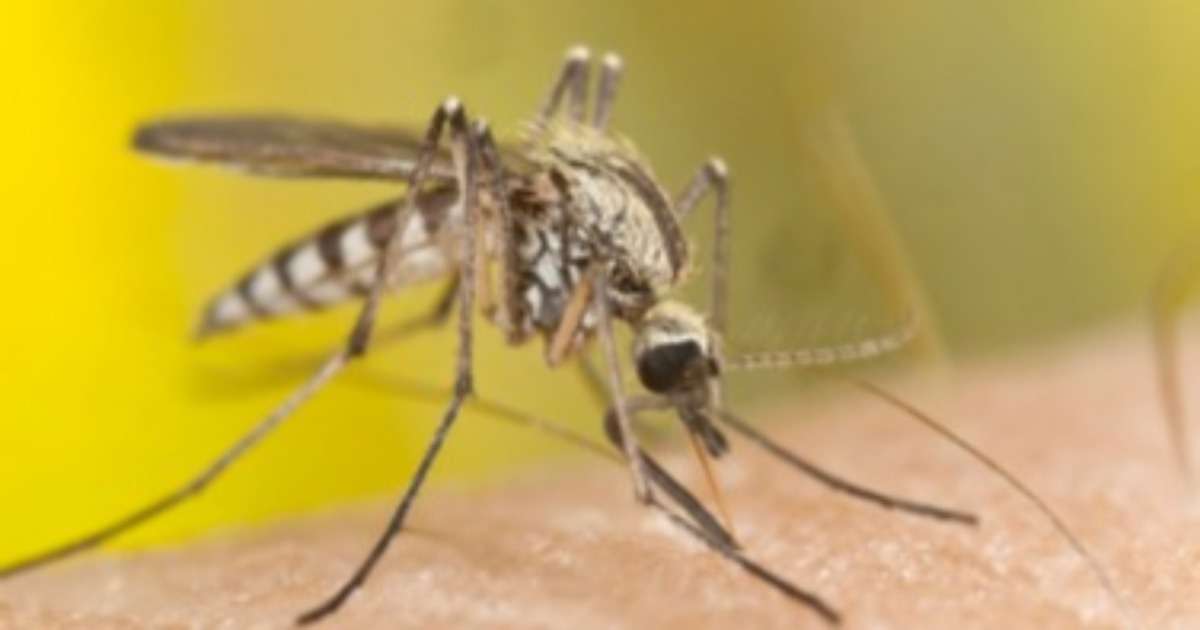
Does pesticide resistance make malaria mosquitoes “smarter”?
In one of my previous blog posts, I wrote about the success of insecticide treated bed nets in preventing malaria. In the past five years, mortality from malaria has dropped with 60%.

